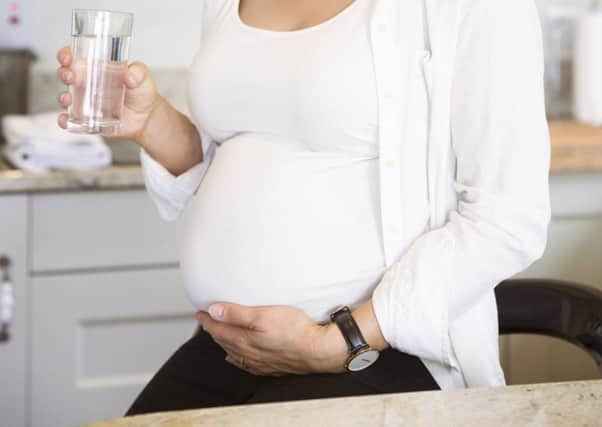1 in 5 older women struggling to conceive, says major study


Analysis of 15,000 women and men between 2010 and 2012 revealed infertility was highest among women in that age bracket with 17.7 per cent trying for more than a year to get pregnant, compared to 12.5 per cent across all ages.
More than a third of women who became mothers aged 35 or older struggled to conceive compared to less than one in ten women who had a child before the age of 25.
Advertisement
Hide AdAdvertisement
Hide AdBetter educated women were more at risk of missing out on motherhood, as well as both women and men in higher level jobs, according to the study published in the Human Reproduction journal.
Lead author Jessica Datta, a lecturer at the London School of Hygiene and Tropical Medicine, said: “Our research has implications for women pursuing careers in an uncertain labour market.
“Rather than warning them of the risks to fertility of delaying parenthood, we advocate social policy that better supports working parents to manage employment and bringing up children.”
Nearly half of those struggling to conceive did not seek medical help, while those who did were more likely to be better educated and more well off.
Advertisement
Hide AdAdvertisement
Hide AdProf Datta said: “One of the concerning findings in our study is the difference in educational attainment and job status between people who sought help for infertility and those who did not.
“The existence of inequalities in access to healthcare is well established but this is one of few analyses to explore uptake of services for infertility.”
Lack of understanding, fears about cost of treatment or a reluctance to be labelled infertile, were among the reasons suggested for failing to seek help.
Around 15 per cent of men aged 35 to 44 and 14.5 per cent aged 45 to 54 had struggled with infertility, compared to 10.1 per cent of men of all ages.
Advertisement
Hide AdAdvertisement
Hide AdProfessor Adam Balen, chair of the British Fertility Society, said: “Female fertility starts to decline gradually from the late 20s and more rapidly from the mid-30s onwards.
“While risks should never be overplayed, the older a woman is, the longer it can take to get pregnant, and later maternity can also involve a greater risk of miscarriage anda more complicated labour.”
The Scottish Government recently announced plans to extend the number of NHS-funded IVF cycles from two to three to help couples struggling to get pregnant.